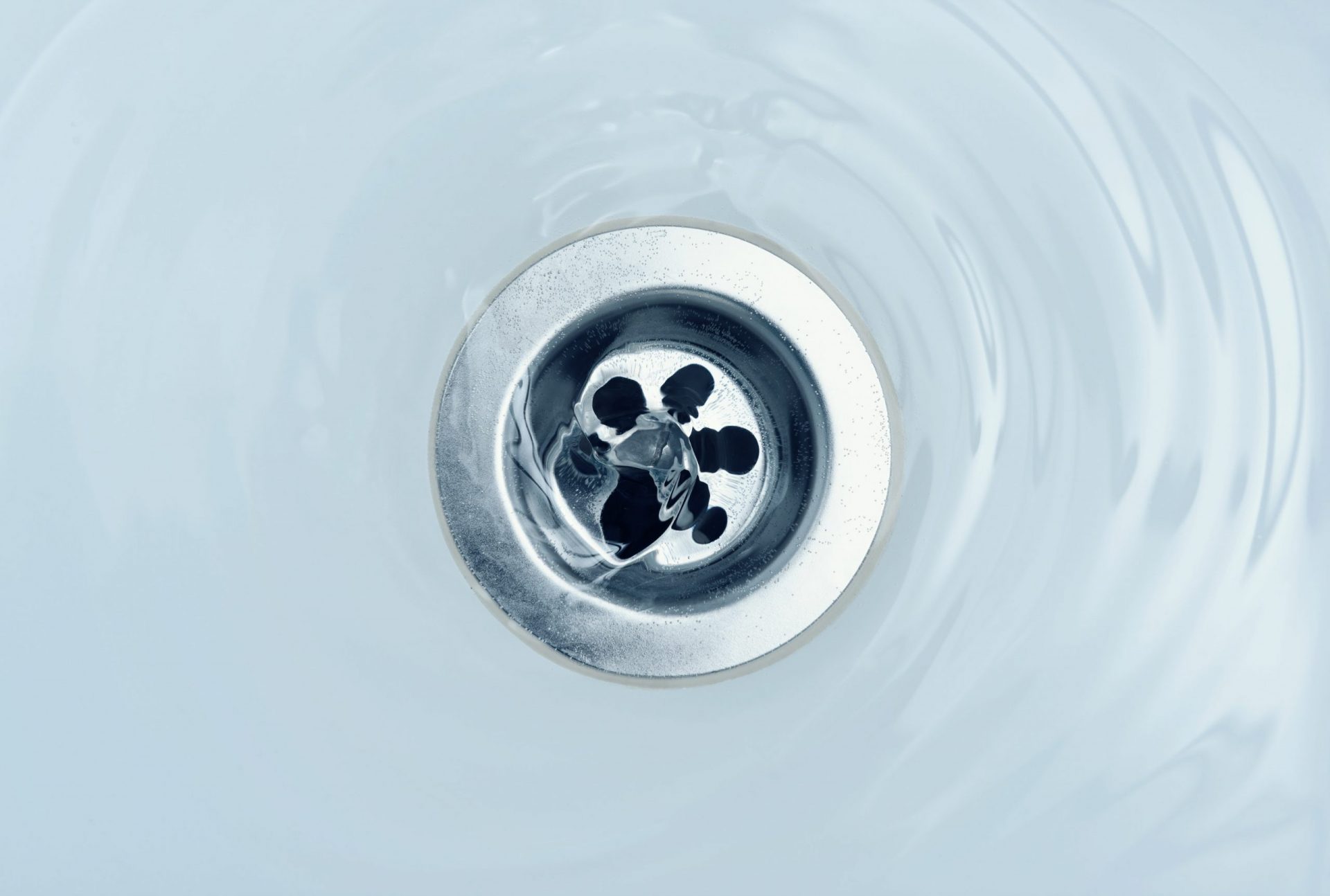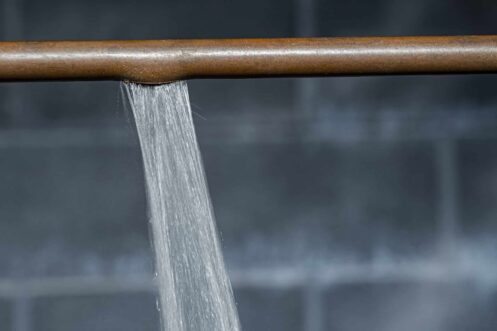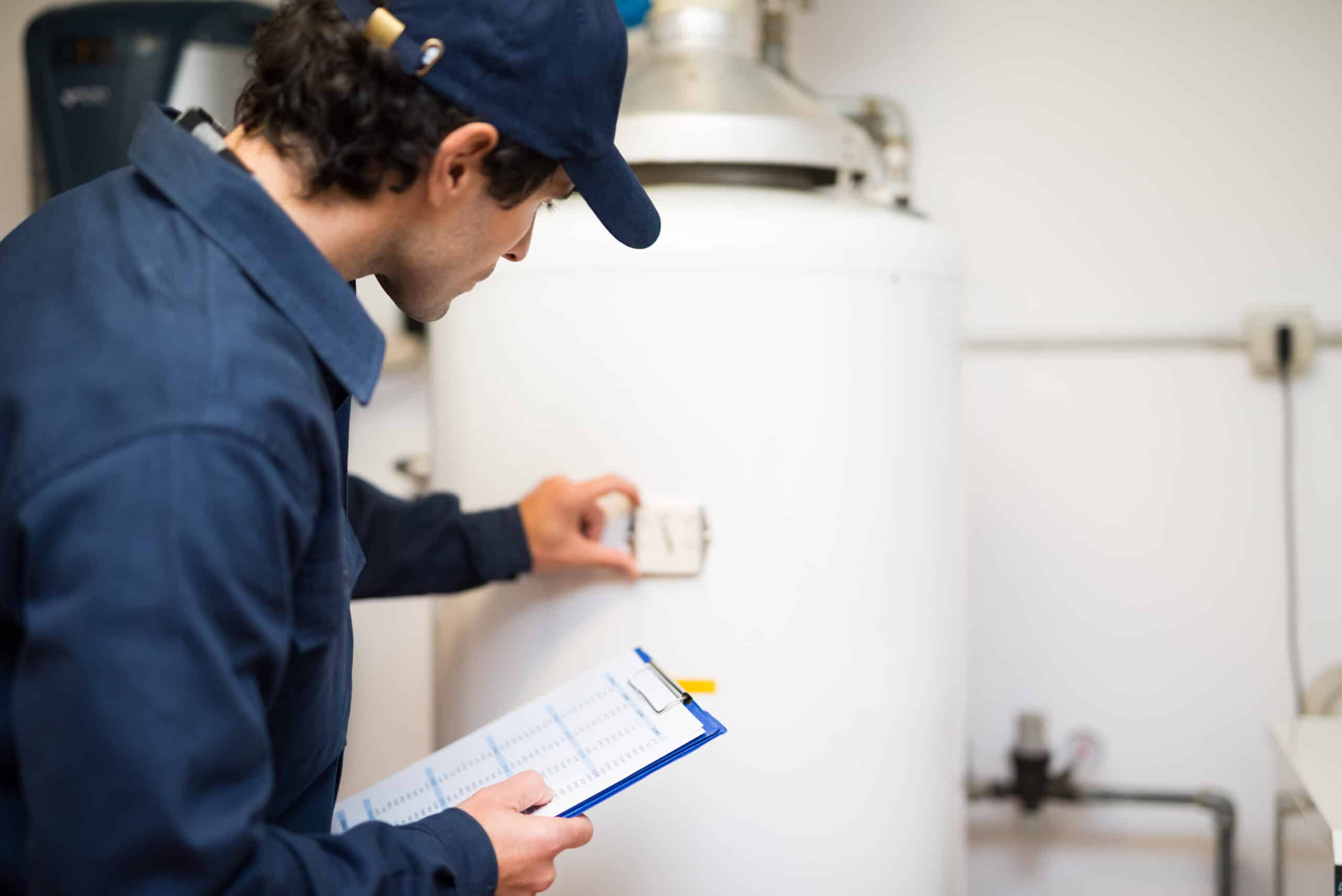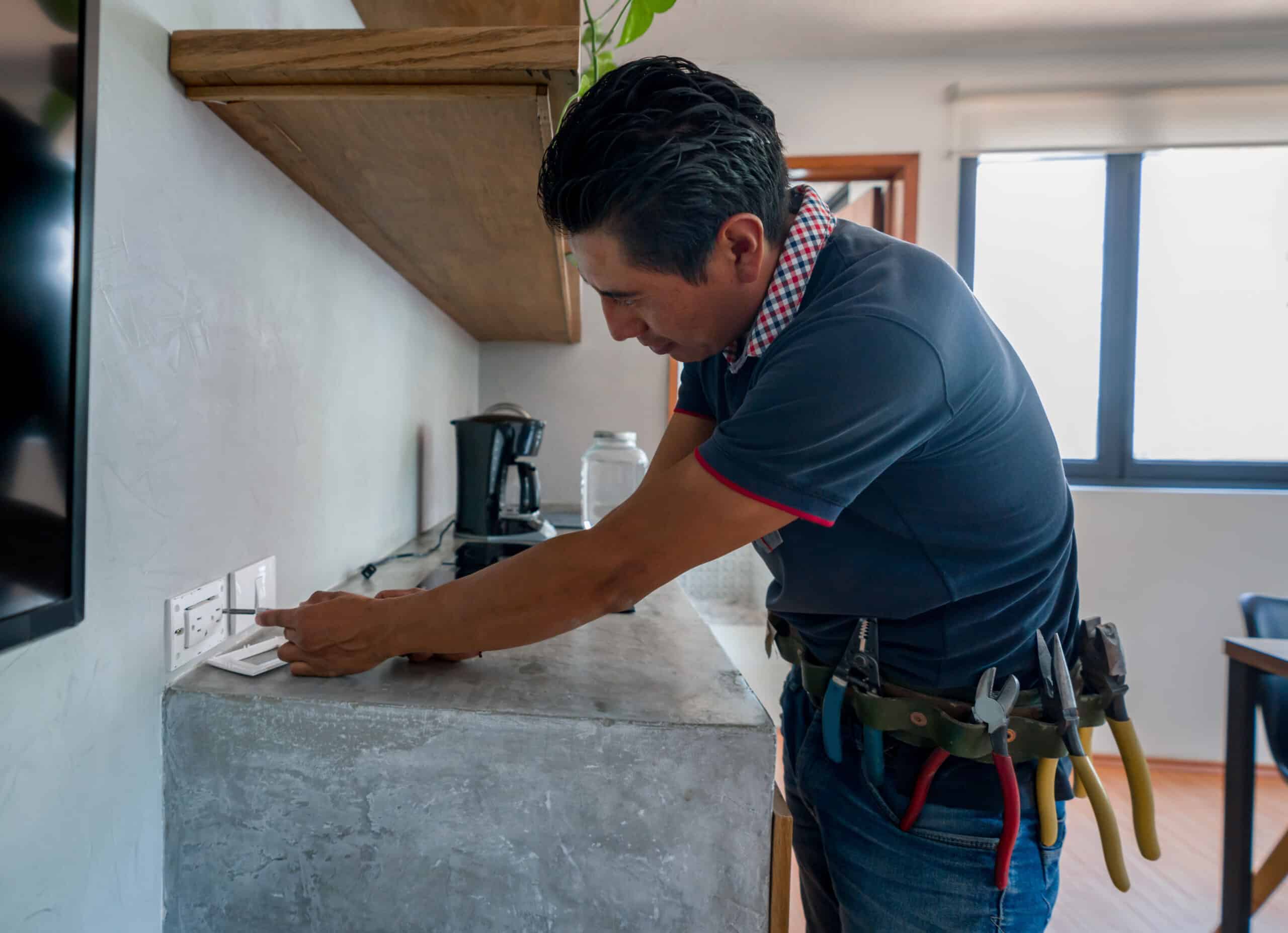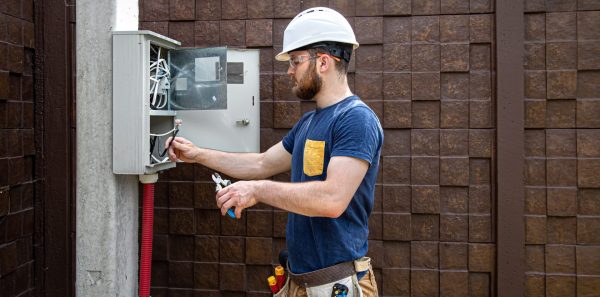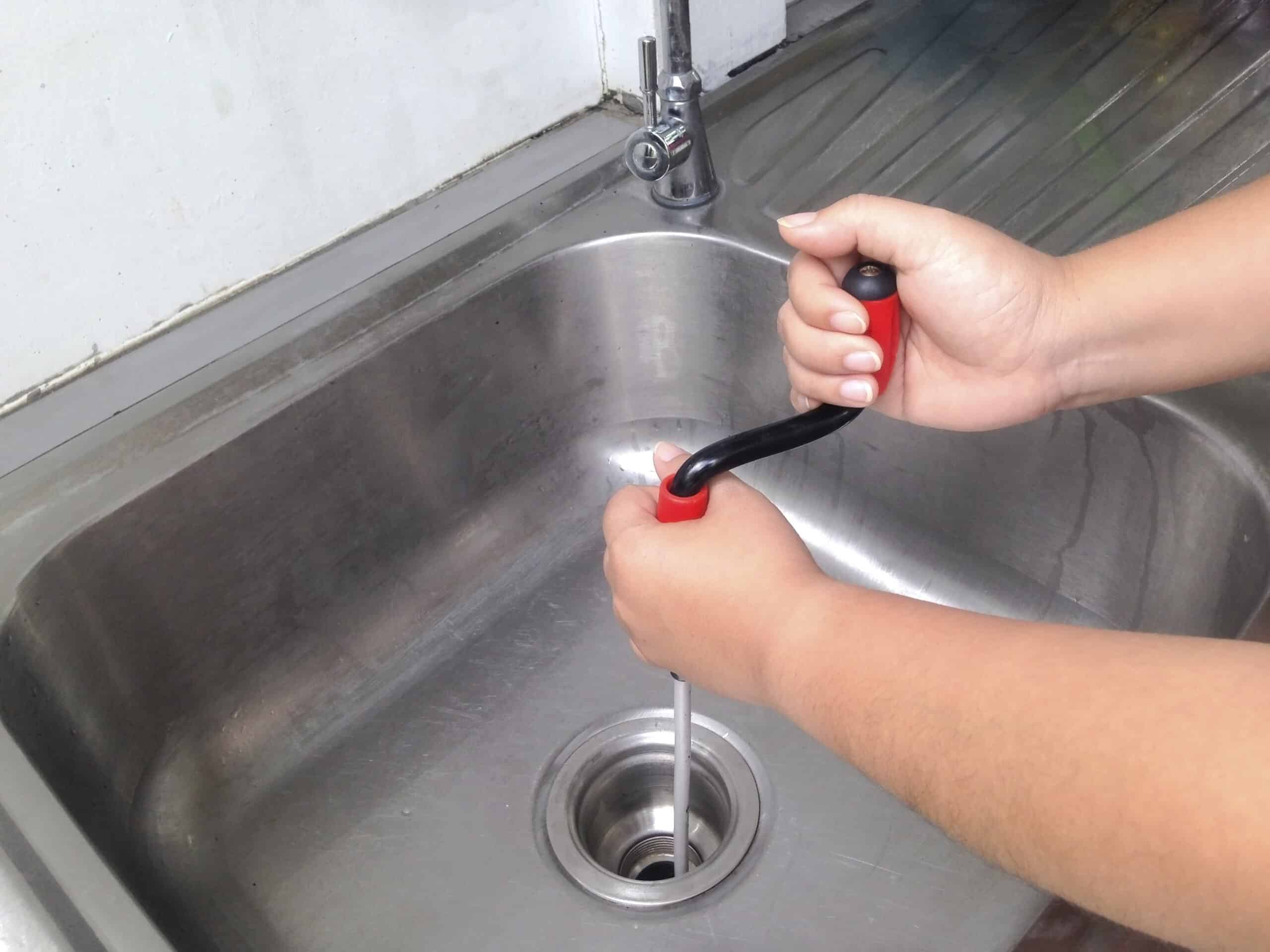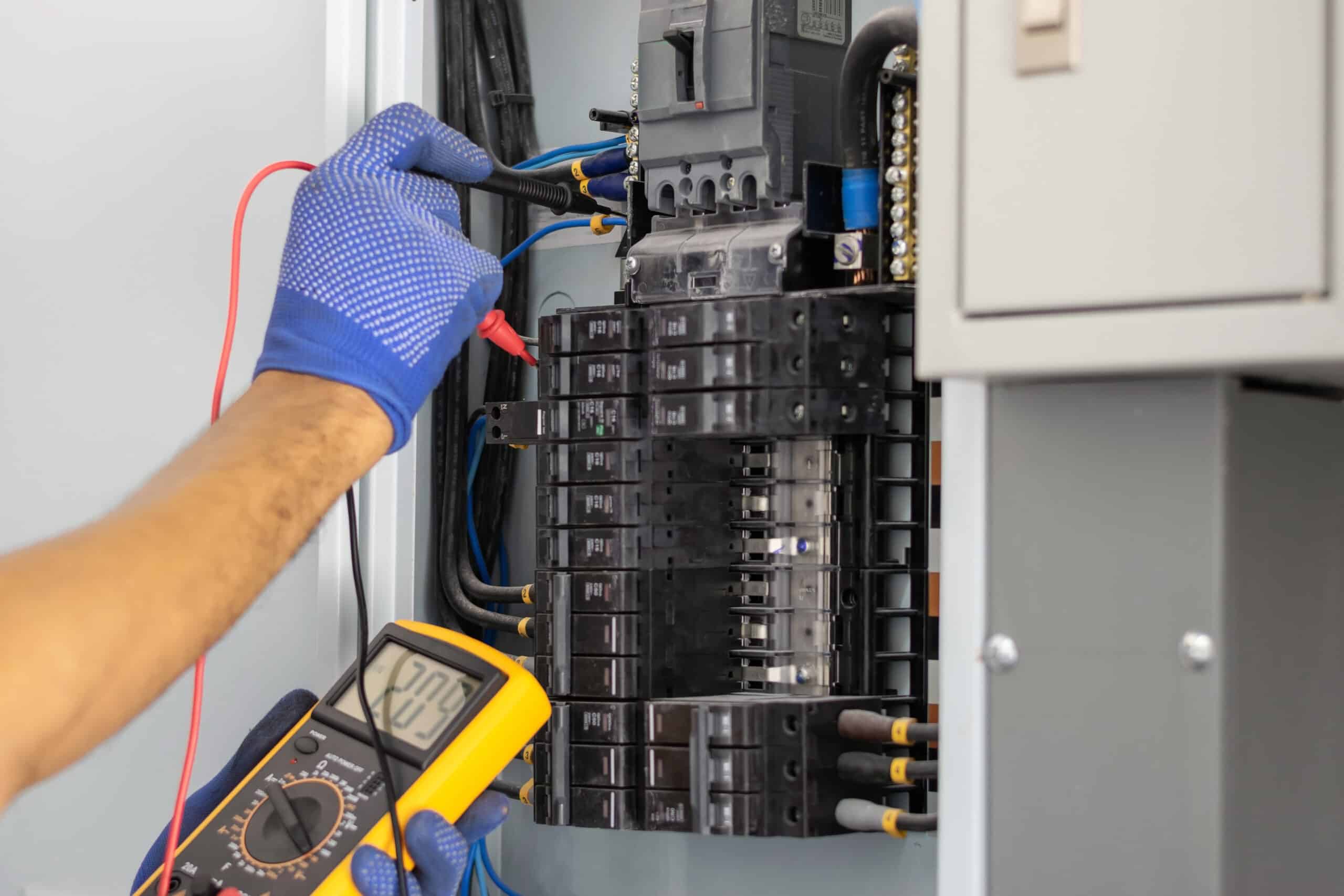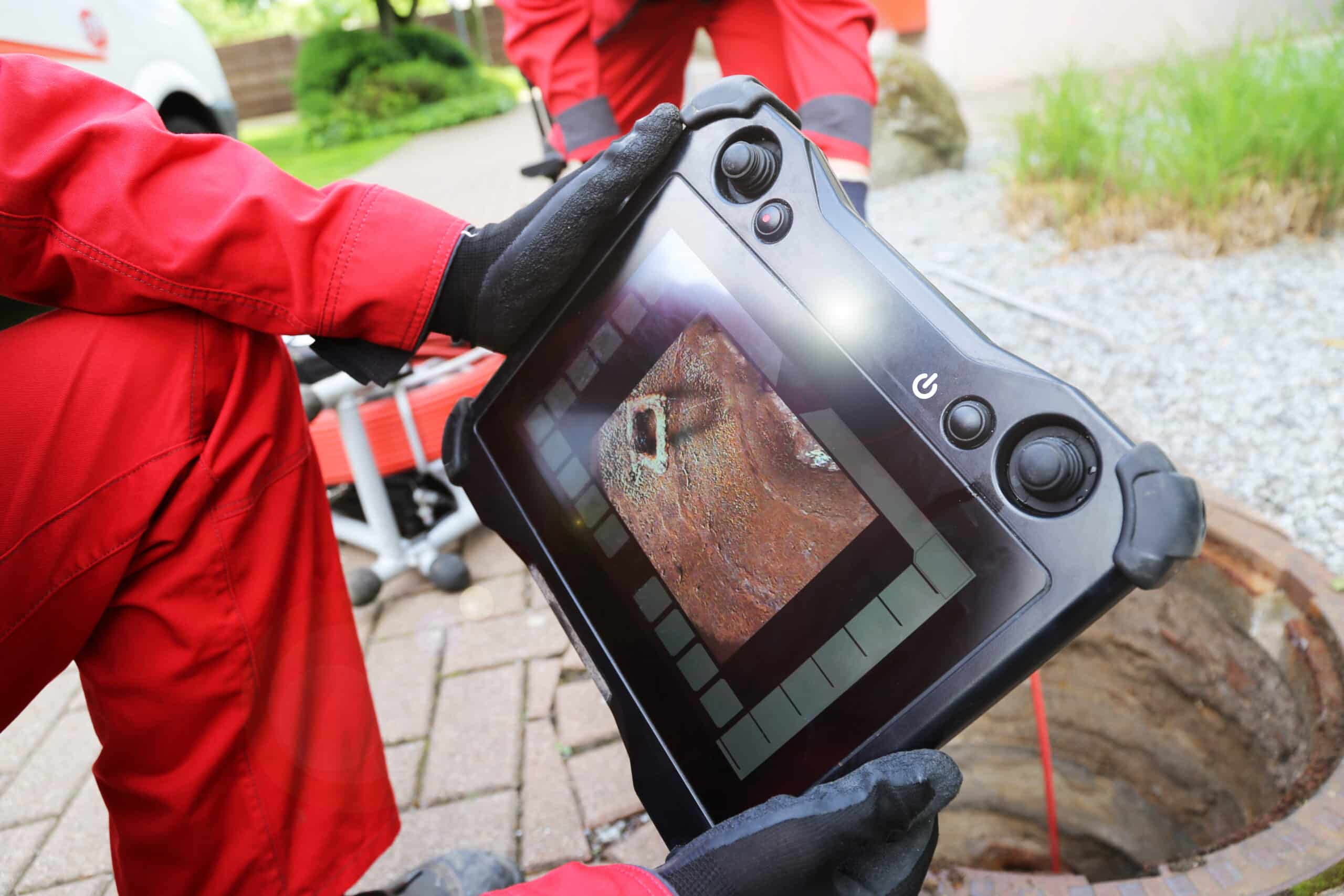Food remnants, soap, grease, and hair particles can easily get into your drain. When such substances accumulate, they form a clog, and the wastewater begins to gather in the pipes. With time, the stagnant water produces an awful smell that affects the entire house.
In such a situation, homeowners might feel tempted to go for the easiest solution for their blocked drain, the chemical drain cleaners. Before you reach for a bottle of chemical drain cleaners, here are a few things that you should know about these products.
1. Types of Chemical Drain Cleaners Available
These are chemical products either in liquid, flakes, or powder form designed to work on clogs. You can readily get chemical drain cleaners in your local stores, usually advertised as the most powerful solution for the toughest clogs.
There are various types of drain cleaners. Acid drain cleaners come either in solid or liquid form and aren’t available for everybody. The active ingredient in these cleaners is either hydrochloric or sulfuric acid. Such components are dangerous when mishandled, and only experienced technicians should use the acidic chemical cleaners.
On the other hand, the alkaline chemical cleaners contain caustic soda, known as sodium hydroxide or lye. This option works on light blockages like grease, hair, and soap. Anyone can buy and use alkaline cleaners. Some of them come as a two-part solution that you pour into the drain. When they mix, they create a foam that dislodges the clog.
2. How Chemical Drain Cleaners Work
The alkaline chemical drain cleaners dissolve the clog to clear the drain and allow water to flow. Acidic cleaners react with the blockages and break them down. This reaction results in the production of heat and fumes. Chemical cleaners are usually heavier than water, so they quickly move through the stagnant water to the blockage.
These products only work when they get into contact with the clog. If the blockage is further down the drain, the chemicals may not work well. Also, they might not get rid of most solid blockages like mineral deposit buildup.
3. Reasons People Use Chemical Drain Cleaners
Most people go for chemical drain cleaners because they are easy to use. You only need to pour the product down the drain, and it works on the clog. Also, these products are inexpensive and readily available. Chemical drain cleaners also work well on hair, food, and grease, which are the most common causes of clogs at home.
4. Safe Handling of the Chemical Drain Cleaners
If you must use drain cleaners, then you need to practice extreme caution. When handling such products, wear protective gloves, a mask, and goggles. Ensure that you ventilate the room adequately. Before you use any chemical cleaner, always read the label to ensure that you are using the right product for the intended purpose. Pay attention to the manufacturer’s recommendations for the product’s safety usage or how to clean it up if it spills accidentally.
You should pour the cleaners carefully into the drain and avoid spilling them on the sink or bathtub since these products can damage the marble, stainless steel, and other surfaces. Don’t leave the cleaner in the drain longer than indicated. Read the manufacturer’s instructions to know after how long you should flush the drain and the required water temperature for this. Never try mixing the chemical drain cleaners with other substances. They can react to produce toxic gases or even cause an explosion.
5. Dangers Associated With Using Chemical Drain Cleaners
Although the chemical cleaners provide a quick solution to your blocked drain, most plumbers don’t recommend them. The strong acids and bases can destroy anything they come into contact with. The heat generated during the process could damage your PVC pipes. The piping becomes soft, and they will burst after some time.
Besides melting plastic pipes, the heat can also cause cracks in metallic pipes, especially if you have older plumbing. The chemical cleaners will not only dissolve the clog. They also melt down the pipe coatings and sealants, causing leaks.
This method is also not always effective. Water may dissolve the cleaner before it even gets to the blockage. As a result, the product will only work on a small portion of the clog, and the rest moves down. With time, a more stubborn clog reappears that is difficult to remove.
Sometimes, the clogging could be due to a damaged pipe that allows soil or other debris in the drain. Other times, it might happen when overgrowing tree roots get in the drain pipes. Only a qualified plumber can help clear such blockages, and using chemical cleaners is a waste of money in such situations.
Chemical drain cleaners also pose an immediate danger to your children and pets. Regardless of how careful you are, the fumes produced when the cleaners react with the blockage will always seep out. When inhaled, the fumes can lead to throat, nose, and lungs irritations. If you accidentally spill the cleaners onto your skin, it will burn. Worse still, if these cleaners get into your eyes, they can damage them, causing severe cases like vision loss.
When you pour the drain cleaners down the drain, the chemical residue may go all the way into your septic tank where it’s filtered and released to groundwater, creating an environmental hazard.
6. Other Drain Cleaning Methods That You Can Consider
There are other safer ways to unclog your blocked drain than using chemical cleaners. Natural, enzyme-based cleaners use bacteria and enzymes to work on organic blockages in your drain. This cleaner won’t damage your plumbing or emit dangerous fumes, but they work slower.
Alternatively, you can use hot water and soap. Boil some water and add a few tablespoons of dish soap to it. Pour the mixture into the drain. The water will break down the clog, and the soap will help it slide down the drain. You can also use a plunger or a plumbing snake to clear the drain.
You can also use vinegar and baking soda. Pour a half cup of baking soda into the drain, followed by a similar quantity of vinegar. The two substances will react on the clog, producing foam. When the foaming stops, pour in hot water slowly to dislodge any remaining clog. Repeat the process until the water flows freely again.
Do You Need a Professional Drain Cleaner?
Although chemical drain cleaners can help eliminate some types of clogs in your drain, they often do more harm than good. The next time that you experience a stubborn clog, it’s a good idea to try some of the alternatives discussed above. For a more stubborn clog, seek help from an experienced plumber.
If the home drain cleaning remedies fail to work, reach out to Eck Services. Our company deals with drain cleaning, leak detection, tankless water heaters, and drain installation services. We also offer indoor air quality, heating systems, AC installation, repair, and tune-up services in Pratt, KS, and the nearby regions. Contact us now to book an appointment.


